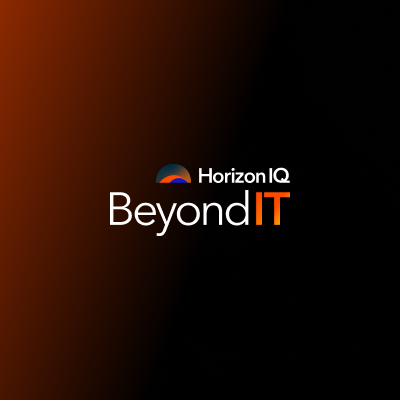
Advancements to Improve Patient Care.
Healthcare is one of the nation’s largest and oldest industries.
As a field focused on patient care and treatment, it’s essential for healthcare companies and product developers to remain at the forefront of technological innovations to provide better, faster, and more comprehensive care.
Here are four emerging technologies and trends that will shape healthcare innovation in 2018.
1. Augmented Reality
Augmented reality (AR) is one of the most exciting modern developments in healthcare. This technology changes a viewer’s vision while keeping them grounded in their surrounding reality.
AR technology can have many applications within healthcare. For example, augmented reality can be used by surgeons to help locate the relative location of a tumor within an organ.
Augmented reality can also be used to help patients and physicians better describe symptoms of diseases. Physicians can use augmented reality displays to show patients the potential complications that occur from treatment or the effects of delaying such a treatment. Augmented reality will help healthcare providers better model, visualize, and treat diseases and conditions.
2. Telemedicine
Telemedicine – the distribution of healthcare services or monitoring of symptoms through remote devices – is expected to continue its growth in 2018.
Telemedicine provides benefits in cost and efficiency, especially for populations in rural or geographically isolated areas. Patients who would otherwise be unable to receive treatment due to location can engage with healthcare providers remotely through telemedicine.
Telemedicine is moving from a novelty to a real treatment option. According to Mercer, 59 percent of large employers offered health insurance that provided telemedicine services in 2017. Increased coverage of the service has led to rising adoption rates as the practice becomes more available.
Telemedicine has also become more affordable to implement. When combined with increased patient information security and new technologies that make remote monitoring more efficient, telemedicine becomes a much more viable healthcare option.
3. Big Data in Healthcare
Improved technology will also play a role in the collection and analysis of big data.
The amount of collected data in healthcare is enormous. Everything from patient records to treatment outcomes is meticulously recorded, giving healthcare providers large data sets to work with. Analytics provides the ability to sift through and interpret large data sets, bringing quantitative insights to healthcare providers.
Consider the wellness devices or fitness tracker apps that many people are using. The data from these sources may soon be integrated with the records used by primary care physicians to provide a more comprehensive view of their patient’s overall health. This means providers will have the ability to more accurately diagnose diseases, offer better treatment options, and predict future complications.
4. Information Security
Information security is a technical hot button issue across all industries and healthcare is no exception.
Healthcare data is among the most sensitive and personal. Specific laws such as the Health Insurance Portability and Accountability Act (HIPAA) mandate that patient info is kept secure. Consequently, healthcare administrators must ensure that data is protected from hackers, who are getting more creative in their attempts to access restricted information. To address growing security challenges, healthcare providers will need to enhance and update their IT infrastructure.
Technological advances such as the proliferation of smart health devices bring their own security risks. Smart devices can be compromised if not properly patched and updated. Within a healthcare and personal information context, the compromise of such devices could be catastrophic. As technological solutions further permeate the healthcare industry, healthcare providers will need to work harder to safeguard their networks and devices to solidify their informational security.
Preparing for Healthcare Technology Advancements
With all of the technological innovation that will be impacting the healthcare industry, it’s more apparent than ever the need for a robust and secure infrastructure to power the systems that improve patient care and protect their information.
HorizonIQ provides affordable, dependable, and scalable infrastructure solutions to meet the growing performance demands placed on life sciences and healthcare technology companies. Whether your business needs additional storage options to stay ahead of an influx of data or services that ensure your company remains HIPAA-compliant, our experts have the solution to your infrastructure needs.
Contact us today to learn how your environment will benefit from HorizonIQ’s dedicated healthcare technology solutions.



